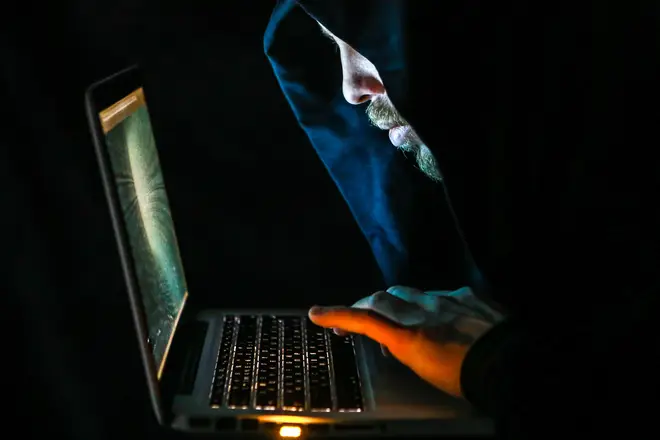
Ian Payne 4am - 7am
15 July 2020, 06:16

The Supreme Court is set to rule on whether prosecutions based on evidence gathered by paedophile hunter groups in sting operations are incompatible with a person's human rights.
The case has been brought by Mark Sutherland who was convicted in August 2018 of attempting to communicate indecently with an older child, and related offences.
Evidence was handed to police officers by a paedophile hunter group.
At a previous hearing, the court was told that his right to a private life, enshrined in Article 8 of the European Convention on Human Rights, had been breached.
The court will give its ruling on Wednesday.
Previously five justices were told that in 2018, Sutherland matched up on Grindr with someone who, when he communicated with them, claimed to be a 13-year-old boy.
Sutherland sent sexual messages and images to the person and they later arranged to meet at Partick station, in Glasgow.
In reality, the person Sutherland was communicating with was not a child, but a "decoy" - a member of a paedophile hunter group.
The group confronted Sutherland at the arranged meeting, broadcasting the encounter on social media and handing the evidence to the police.
Sutherland appealed against his conviction on the basis that the covert investigation, and the use of the resulting evidence by the authorities, breached his human rights.
Gordon Jackson QC, Dean of the Faculty of Advocates, representing Sutherland, told the court: "The police are aware that there a number of hunter organisations operating in Scotland and the UK and evidence submitted from these organisations has led to a number of criminal investigations and convictions."
There is "disquiet" about the work of such groups, he said.
Mr Jackson also argued that "a huge number" of cases were prosecuted on the basis of information from these organisations.
There was a large amount of guidance on these organisations, he said, but added that "what we have is tacit encouragement of these groups".
The barrister argued that what hunter groups were likely to take from the fact that many cases were prosecuted was that even if there were "reams of documentation", "at the end of the day, we're pretty sure if we carry on doing it, they'll prosecute".
"That's systemic tacit encouragement," Mr Jackson added.
Alison Di Rollo QC, Solicitor General for the Crown Office and Procurator Fiscal Service, Scotland's Prosecution Service, which is opposing the appeal, argued that the criminal prosecution of sexual conduct between an adult and a child "does not engage" someone's rights to privacy.
"There is no right to respect for such behaviour in a democratic society," she said.
Ms Di Rollo said it was clear that the "overriding duty" of the police was "to respond to any report of any identified person who may pose a sexual risk to children".
The ruling is due to be announced over a livestream at 9.45am.